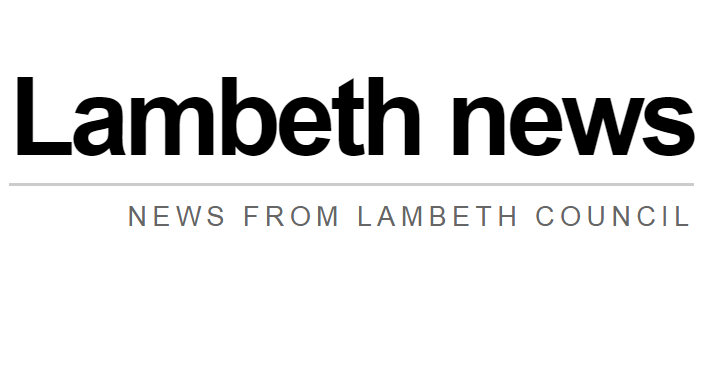
Lambeth Council’s Cabinet has agreed a 2021-22 budget that will maintain front-line services and help address funding gaps caused by the unprecedented demands of tackling the coronavirus over the past year.
The report, agreed at a meeting on Monday evening, set out the financial impact of fighting the pandemic, which came on top of the funding pressures Lambeth has been dealing with in essential services, like social care and temporary accommodation for those experiencing homelessness, for more than a decade.
Despite the council’s prudent medium-term financial strategy, the extra Covid spending – including thousands of food packages for vulnerable people, millions in support for small businesses and increased support for care homes – contributed to a forecast overspend of £44.5m. But emergency funding from the government will not cover all the council’s lost income and costs.
The report also warns that “huge uncertainties”, including the impact of the latest lockdown effects on the local economy and unemployment, and long expected Government proposals for reforming council funding and the social care system, threatened to disrupt the economic outlook still further in the coming months.
The plan agreed by Cabinet also includes a 1.99% increase, in addition to the Government’s 3% Adult Social Care precept increase, to the Lambeth element of the Council Tax for 2021/22 – in recognition of the fact that, as central government funding fails to keep up with long-term rises in demand for essential services, councils will increasingly be forced to fund services from tax revenues.
The report added: “[R]ises in local taxation will leave residents bearing the costs because of dwindling central government grants, at a time when many have faced significant financial worries due to the impact of Covid-19.”
As a result, Lambeth has expanded its welfare safety net – including additional funds for the emergency support scheme and discretionary housing payments, as well as funding for local advice surgeries – for people in financial difficulty to help them deal with rising costs. To ensure that the most vulnerable are not impacted by the council tax rise, the council will also increase the scope and funding for its Council Tax Support scheme, removing 7,000 households from paying council tax. The council will consult on permanent changes for this scheme for 2022/23.
The Budget also proposes a new Foster Carer Council Tax allowance, to support Lambeth’s foster carers for the incredibly important work that they do, and to encourage more residents within the borough to become carers. The council will ensure that people who maintain empty homes within the borough pay their share for keeping much-needed property unoccupied. The Empty Homes Levy will be set to raise just under £0.9m in 2021/22.
Word from the Cabinet
Cllr Andy Wilson, Lambeth’s Cabinet Member for Finance and Performance, said: “As central government grants fail to keep up with long-term rises in demand for essential services such as social care, councils will increasingly be forced to fund services from tax revenues, exacerbating a squeeze on local budgets and taxpayers since 2010. The reality is that the resources that the council must allocate to these essential services under government austerity are not sufficient to meet the rising needs in our population.
“We know that many of our most vulnerable residents will have experienced crisis because of the impact of the pandemic; some may have suffered a loss of work or change in economic situation, increased caring responsibilities or an increased pressure on their household due to sickness, self-isolation or the effects of lockdown measures.
“That is why, as an administration committed to helping the most vulnerable, we’ve expanded the welfare safety net for people in financial difficulty so that more people can receive the support they need, with millions invested in emergency assistance, housing payments, council tax support and advice services.”



